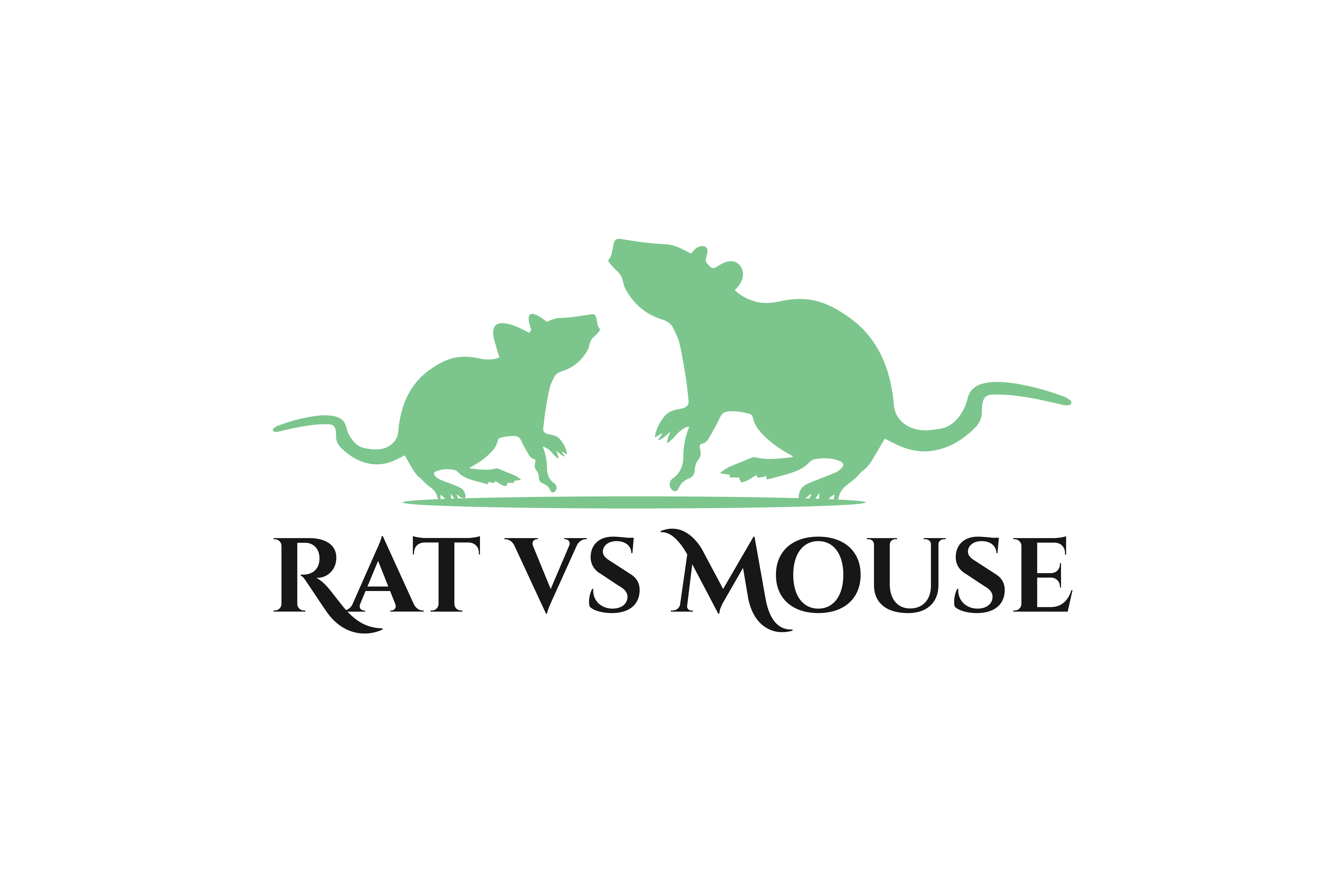
Mice and rats can both be bought as pet companions. Unlike their wild counterparts, domesticated mice and rats are friendly and can be taught to perform certain behaviors. Pet mice and rats behave differently, however, and which one makes a better pet really depends on what you’re looking for.

Mice as Pets
- NPet mice are small and easy to handle.
Pet mice are very popular, especially since they quickly get used to human handling. Females are generally preferred over males since they can cohabitate. Male mice, on the other hand, can be very aggressive against each other, sometimes to the point of death. This occurs even if they are siblings. The reason for aggression in male mice is because of their unchangeable territorial instincts, regardless of domestication. Because of this, male mice cannot be housed together without risking injury to one or both males. Some pet owners, however, prefer male mice to female mice, because male mice are more curious than females.
Pet mice are sociable animals. They are best kept in groups of two, three, or more.
Rats as Pets
- NDomesticated rats are tame and very comfortable around humans.
- NWhen roaming freely, pet rats are known to actively seek out their owners.
- NPet rats are more tolerant to overcrowding than pet mice.
Pet rats exhibit a wide range of behaviors and have a longer lifespan than their wild counterparts. When provided with food, water, shelter and medical care, domesticated rats can live up to two years.
Rats enjoy each other’s company. They groom each other, sleep together, communicate, and play in many different ways. Rats are used to living in large family groups, so there are no problems when males from the same family come into contact with each other. When mixed with stranger rats, however, fighting may occur.
Pet lovers are encouraged to buy domesticated rats in pairs or small groups.
Rats vs. Mice as Pets
Rats do require more attention and will live longer. This makes it up to the person obtaining the pet to decide which one to get, depending on the amount of commitment and what you’re looking for.
Rats
- $More commitment
- $Larger housing
- $More interaction for more reward
- NCan tolerate each other more than mice do
- NAre generally more playful than mice
- NBetter at learning new behaviors than mice
Mice
- $Smaller commitment
- $Shorter lifespan needs
Rats tend to be more interesting as pets. Rats can become fond of their owners so much that they end up seeking their owners out when loose. This kind of behavior strengthens the bond between pet owners and their pets (domesticated rats).

Taking Care of Pet Rats
Pet rats are not very complicated to look after. The following are some basics for looking after domesticated rats:
Caging
Cages with bars are mostly used to house domesticated rats. Caging is meant to protect the rats from predators such as cats, dogs and birds which can kill and eat them.
Another reason for caging is to ensure wild rats and your pet rat do not come into contact with each other. Domesticated rats behave differently from wild rats, and if they come into contact with each other, the wild ones can kill their domesticated counterparts. Interaction between domesticated rats and wild rats can create lots of problems. One reason is because wild rats are vectors of a wide range of diseases, as they come into contact with a wide variety of pathogens. Some of the pathogens carried by wild rats can also affect humans. It is therefore very important to avoid interaction between wild rats and domesticated rats.
Feeding
Domesticated rats can eat almost anything:
- Scraps from the kitchen
- Specially formulated feed mixes
- Vegetables such as carrots, spinach and lettuce. However, when you are feeding your rats with these vegetables, you have to limit their quantity because they can cause diarrhea and dehydration.
- Bread crumbs and breakfast cereals
- Fruits and nuts. These are a good source of essential vitamins and minerals which help maintain the animal’s immune system thus prolonging its lifespan.
- Meat and dairy can be fed to nursing rats to boost their protein source for increased milk production.
Health
Rats can be affected by obesity if their food is not restricted. If they are overfed, they have a high risk of developing cardiovascular diseases, which can be fatal to the animals. In order to prevent this, food has to be restricted. Play equipment can be placed in the cage to encourage exercise.
Domesticated rats can also easily be affected by drafts and pick up colds and flu. Any health issues should be directed to a veterinarian.
